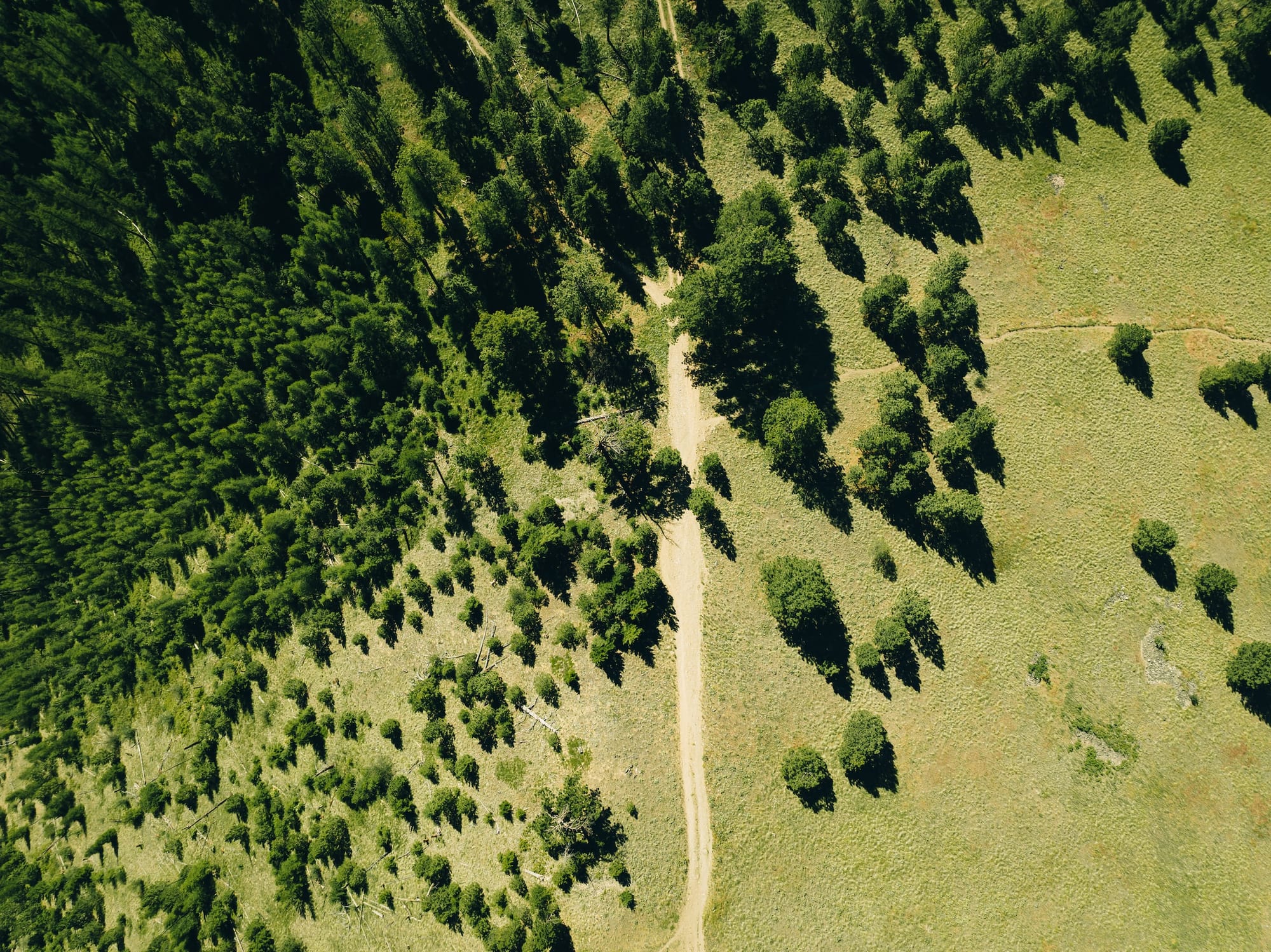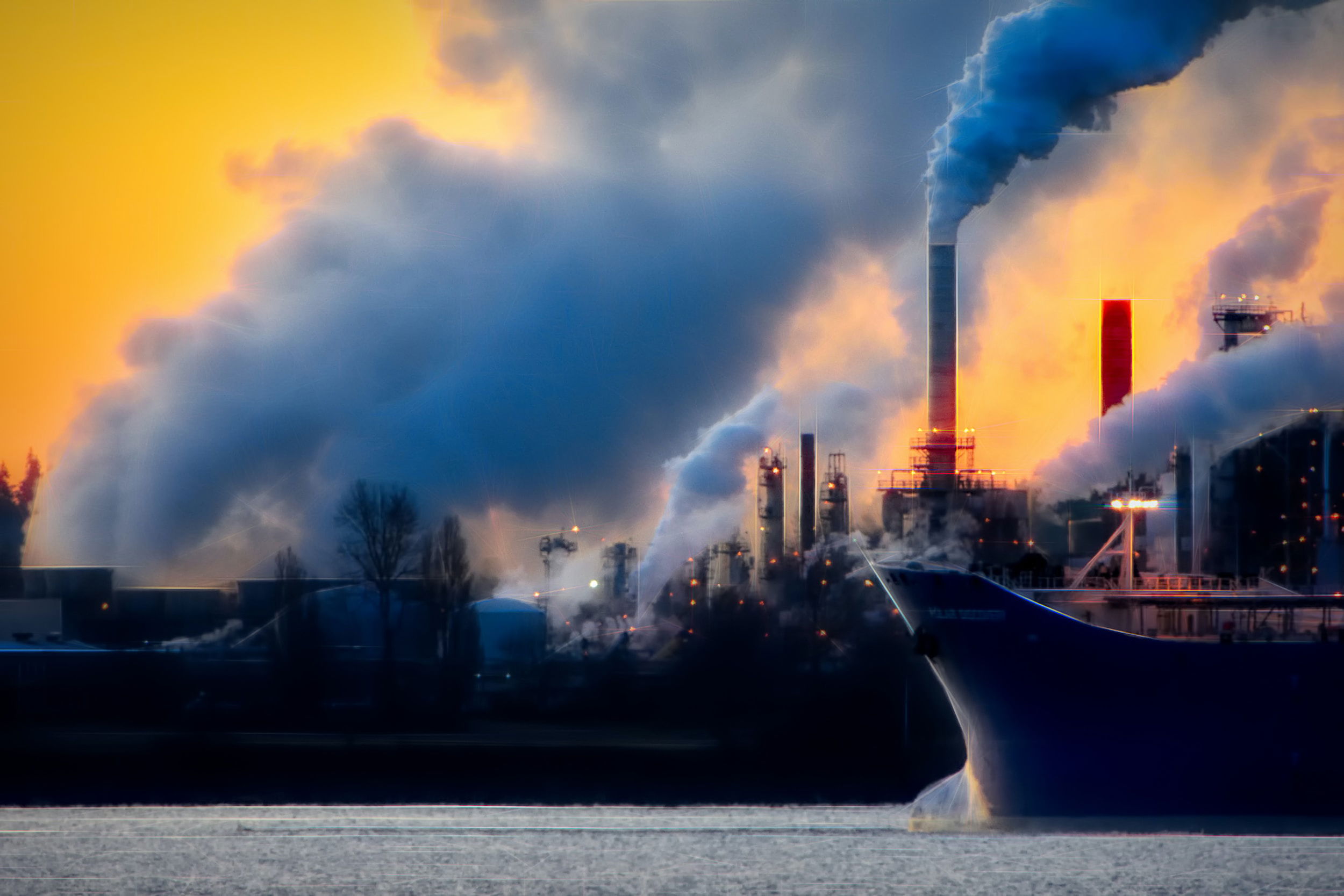Carbon Credit and Climate Equity

Many large economies like the USA, UK, Germany, Japan and a host of others keep poisoning the earth with greenhouse gasses (GHG). Measurement of carbon dioxide and other GHGs across different sites in the world has shown the increasing rate at which they are accumulating. Before 2030, the concentration of CO2 in the atmosphere would have exceeded 420 ppm. With the increasing population, industrialization, heat waves, natural wildfire, persistent of ecological droughts and lack or scarcity of fully developed and working decarbonisation technologies, it is certain that the future does not look very bright. It is even much more gloomy for the global south, and especially Sub-Saharan Africa.

I was in Kigali in Rwanda for the World Climate Research Programme second Open Science Conference as an earlier career researcher in October in 2023. It was a global conference that holds once in every ten years. One of the key items that was consistently highlighted in the conference is the need to pay close attention to the impact of climate change in Africa. There were calls and papers and presentations for solution and adaptive mechanisms to tackle these challenges in Africa. Because I have a tiny bit of an idea as to how the world works, I knew without a shadow of doubts that what happened at the Kigali Convention Centre was what happens when a duck bathes in water. Practical solutions are urgently needed at this time, not just words and papers and meetings.
One of the solutions proposed to tackling the problem of climate change is carbon credit. The above listed countries and many others in the global north have exhausted the share of CO2 they are permitted to emit into the atmosphere if we are to reach the needed target of emission where global warming will be solved. Many of the African countries have not even emit a quarter of their share. Where this hurts the most is that these are the countries that suffer the consequences of climate change the most. Developed economies need to pay for the extra they emit. This is the carbon debt they owe. It is a debit on their carbon account. While African countries have credits on their carbon account. They are the creditors. The debtors need to pay.
If some of these developed economies who see themselves as the police of humanity and the just arbiter of fairness, equity, decency, truth and democracy are owing a debt to the rest of us, are they not supposed to pay that debt? We keep hearing of pledges by developed economies to dedicate a certain amount of money as reparation for global warming to developing and underdeveloped nation. They should not in any way see such acts with the lens of benevolence. Global warming at its worst have destroyed lives and livelihood in many developing countries and there is no amount of money that can reverse that.
Just to reiterate, if you have exhausted your carbon credit, every gram of CO2 you put into the atmosphere is a debt you owe, climate equity, justice and fairness demands that you pay what you owe. If the recipients are wise enough to use what they receive to put adaptive and mitigation strategies together, that will contribute to making the world a better place. My fear is that the younger generation of Africans will suffer a great deal of the bitter consequences of climate change. Even if the global north decides to do right by paying what they owe, the story will always be the same: the global north representative will meet the African representative, money will change hands and then some rats will burrow into some bank accounts and the money will not be used for the purpose for which it has been given. A rat has taken it away. So, African youth, what do we do?